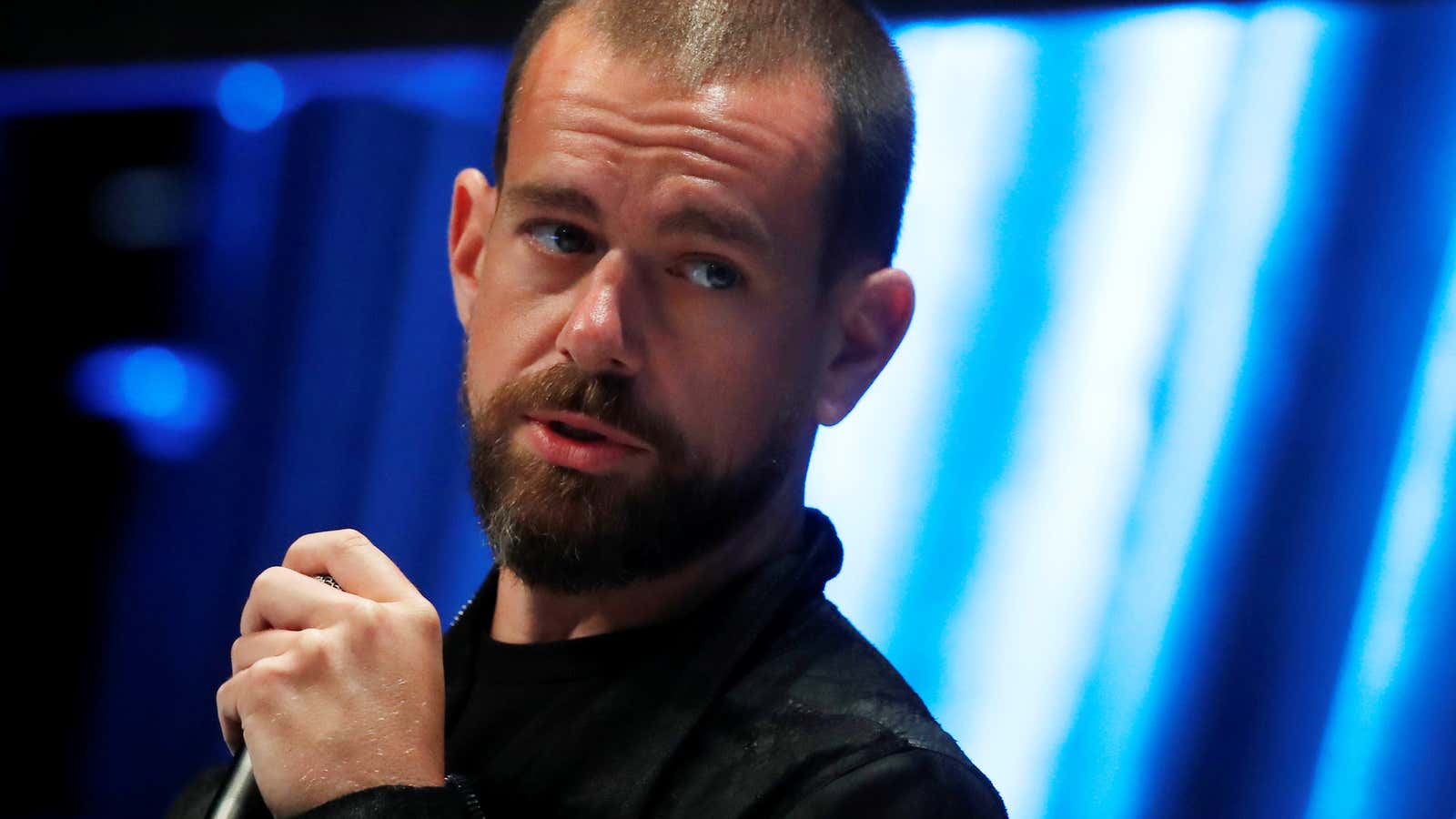Former Twitter CEO Jack Dorsey’s dream of a decentralized social media platform is facing a huge roadblock.
Damus, the messaging app backed by Dorsey after his Twitter exit, says Apple could remove it from the App Store within 14 days. The app, which has been on the platform since Feb. 1, says Apple’s threat emanates from the app’s integration with the Lightning Network, a bitcoin payment protocol.
Dorsey wants Apple CEO Tim Cook to reconsider the plan to remove Damus from the App Store. But Apple’s payments policy bars app developers from using in-app payments to sell additional content or add-ons—unless they go through Apple and pay the company a 30% fee.
In a statement, Apple says that it “identified a feature in the Damus app that allows users to send a tip in connection with digital content in the app, which violates App Store Review Guidelines.”
“Zapping” is prohibited on Apple Store
Apple wants to block the underlying Nostr platform on which Damus runs, thereby preventing content creators from selling digital content on the platform. Nostr, an acronym that stands for “notes and other stuff transmitted by relays,” allows users to send each other small crypto payments called “zaps.” Apple believes such “zaps” breach user terms of service.
Last December, Dorsey donated around $245,000 worth of bitcoins to finance the development of Nostr.
The Twitter co-founder is a firm believer in the decentralization of social media. He is the CEO of Block, a fintech firm that allows users to mine bitcoin, and since 2019 has worked on the Bluesky messaging app built on top of the AT Protocol decentralized networking technology.
Last month, Dorsey said Twitter should have been built on a decentralized social network with a public code for developers and users to build their own apps.
In a post on Nostr last December, he warned that centralized social networks “will fracture the public conversation, and may lead to more control by governments and corporations around the world.”
